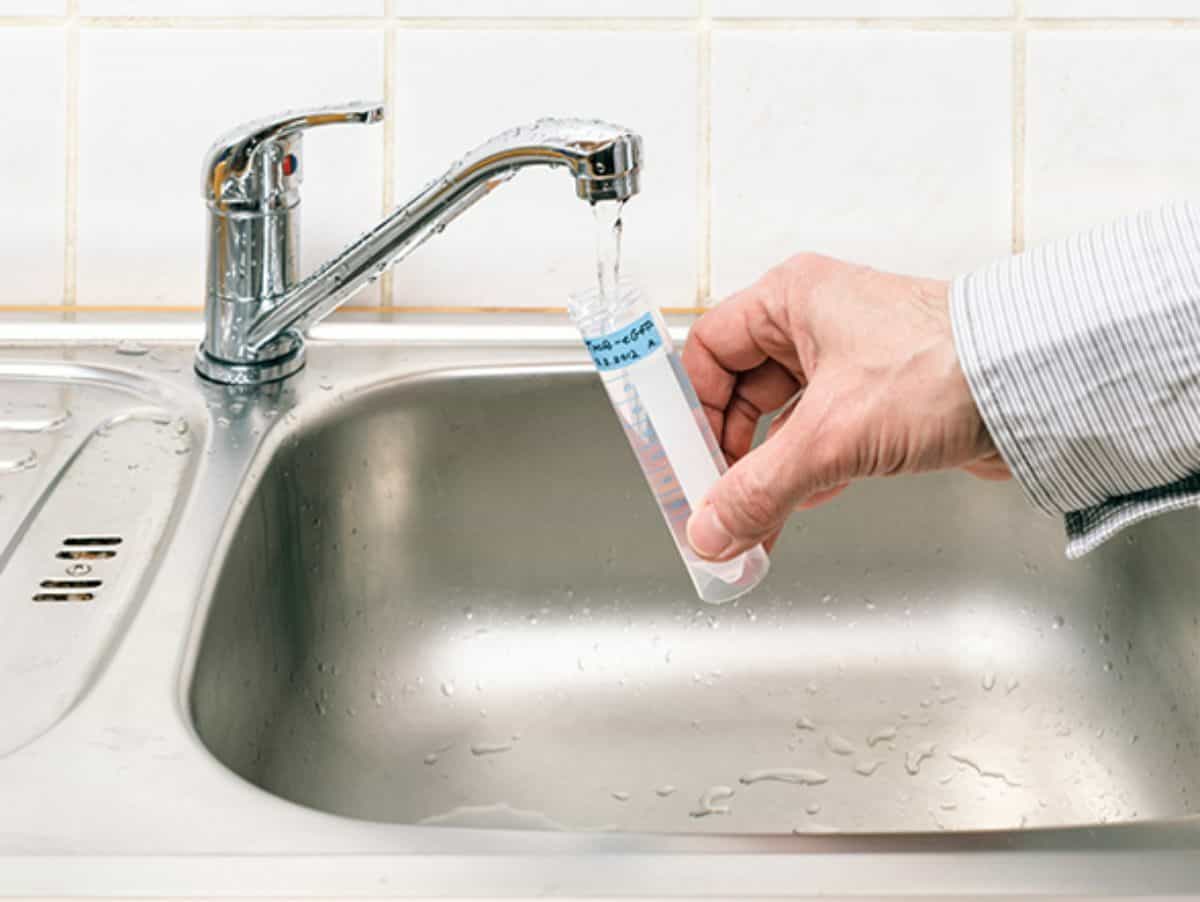If you’re conscious about your health and well-being, you’ll likely want to know what’s in the water you’re drinking and using at home. One way of doing this is by using a water test kit. These kits test for different things such as hardness minerals, specific contaminants, viruses, and dissolved solids. Water tests also come in different varieties. Therefore, the type of kit you buy should be determined by what you want to test. It’s also good to note that most of the kits are designed to be used only once.
Although several companies manufacture different testing kits, most of them work the same way. Remember to read the directions for usage before using the kits. That will ensure you get accurate results.
Types of Water Test Kits and How To Use Them
The most common water tests kits include:
Test Strips
One package of test strips usually has several strips which change their color depending on what is present in the water. Kits with multiple strips are the best since you can test for different things such as minerals and contaminants. Here is the procedure for how you should use them.
- Collect water sample from the well or tap
- Insert the strip in the water and let it rest for some time
- Now compare the obtained results with the color-coded card in the package
Color Disk Kit
Color disk kits are not as common as test strips. Here is the procedure on how to use them.
- Put water into the plastic tube
- Put the tube inside the viewing box
- Rotate the disk until you find the color that matches it
Color disks are usually more expensive than the test strips, and you will take more time when using them.
Digital Instruments
Digital instruments are more accurate than color disks and strips. They either use sensors or infrared to test for different contaminants.
The digital instruments are quite reliable, but sometimes it’s challenging to read the colors. While they are easy to use, digital instruments typically cost more than the other kits. Should you realize that your water has harmful contaminants, it’s good to involve a professional to do a detailed test.
sink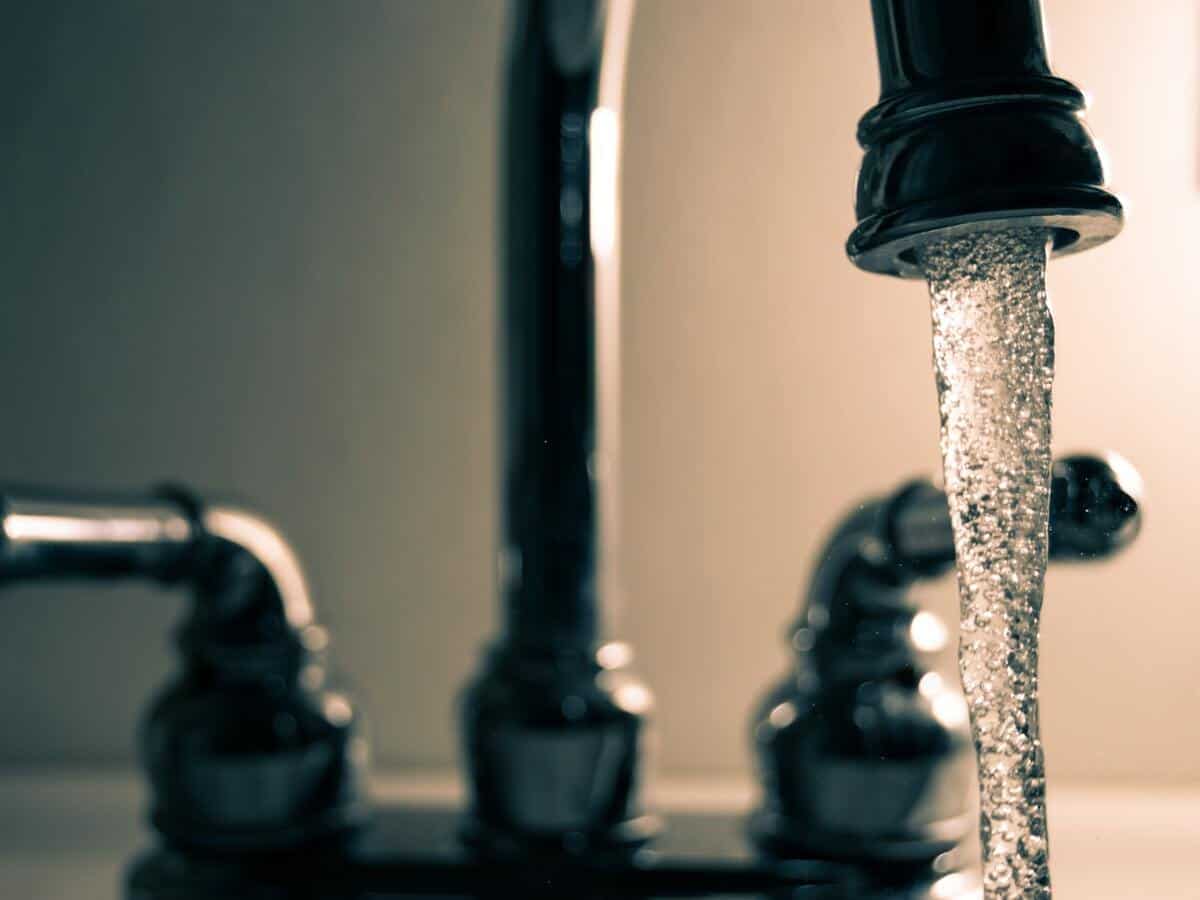
What Does a Water Test Kit Review?
Some of the most common contaminants that can be reviewed using water testing kits include:
Nitrates
Nitrates are found in manure, fertilizers, and other wastes in septic tanks. Bacteria also convert nitrogen in the soil into nitrates. When it rains or during irrigation, the nitrates find their way into underground water, contaminating it. Nitrates are most common in shallow and poorly constructed wells. You can test your water for bacteria and viruses using a color test strip.
Bacteria and Viruses
Bacteria and viruses found in drinking water cause different illnesses, some even fatal. They mostly come from animal and human waste, which is washed into water sources. If you use a water test kit and find your water is contaminated with bacteria or viruses, involve a professional to do a detailed test on the exact bacteria. You can test your water for bacteria at home using a specialized test kit. The test kit usually requires you to pour water into a special jar or container. The jar/container will turn your water purple if bacteria or viruses are present.
Fluoride
Fluoride occurs naturally in the soil and is even helpful as a water additive. However, excess amounts of fluoride cause harmful effects. You can test Fluoride using a color disk kit or a digital colorimeter. A colorimeter is more accurate.
Chlorine
Chlorine is usually added to water to kill parasites, viruses, and bacteria. Small amounts of it are not harmful. However, excessive amounts of chlorine usually cause health issues. It’s easy to test for chlorine. You can either use a color disk, test strip, or a pool testing kit. For more accuracy, use a portable digital meter.
Arsenic
Arsenic is mainly derived from underground rocks. Water flowing through the rocks dissolves it and carries it to rivers, streams, and tap water. Testing kits for arsenic are available but are a bit complex to use. It’s better to involve a professional to test the water for you.
Where Can a Homeowner Buy a Test Kit?
Water testing kits are readily available. You can buy them from online dealers. Or you can walk into a home improvement store and grab one off the shelf. These tests are available in different types since different manufacturers produce them. They are also very affordable. Most water tests are usable up to one time. However, you can buy several at once to reduce the number of times you take a trip to the store.
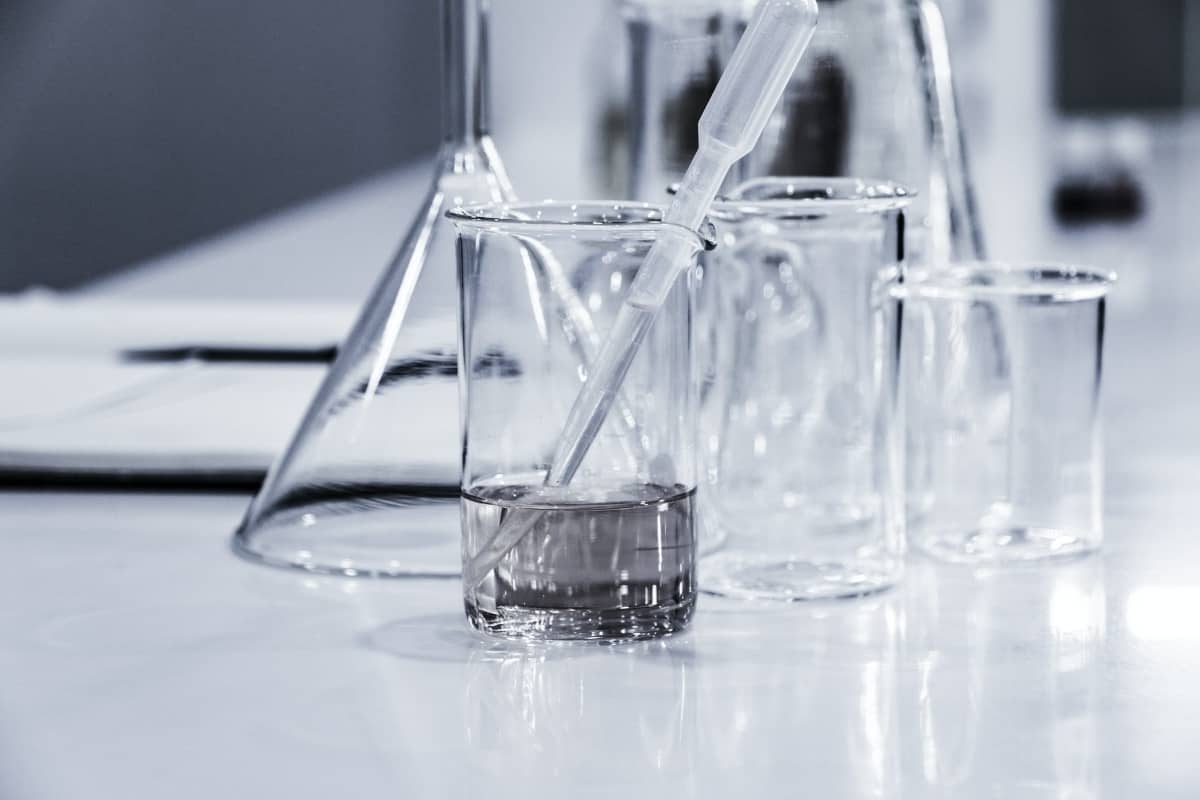
Should You Involve a Professional To Test the Water Inside Your Home or Use DIY Test Kits?
Sometimes, you might prefer testing water for yourself since it’s economical and instant, and that is very right. However, you should involve a professional from time to time to test the water for you. Here are some benefits you get when you involve them.
You Get Detailed Information
A DIY home water test kit provides you with very limited information about what is present in your water. A professional water test gives detailed information. For example, when you test your water for bacteria and find that it is contaminated, the DIY test will not tell you which type of bacteria is present in your water. A professional will easily determine the exact type since they have advanced testing tools.
Access to the Necessary Water Testing Equipment
Some water contaminants cannot be detected using the DIY testing kits. They require special equipment to test. If you were to buy the equipment, it would not be economical, and you’d probably need some training to operate them. Getting the help of a professional saves you from all these hassles.
Accuracy
When using test strips or color disks, you can easily get inaccurate information. Some colors can be confusing, especially if you have vision problems. If you don’t use the kits the right way, you will get inaccurate results. Professionals will test your water and give only accurate results.
Advice
A professional will offer you advice on what steps to take after testing your water. If they find some contaminants, they will guide you on how to get rid of them. They also advise you on what to do to prevent contaminants from getting into your water system, preventing future problems.
Professional water testing is recommended at least once a year. However, shallow wells should be tested more frequently, like four times in a year, since they get easily contaminated. A professional will advise you on how frequently your water is supposed to be tested.
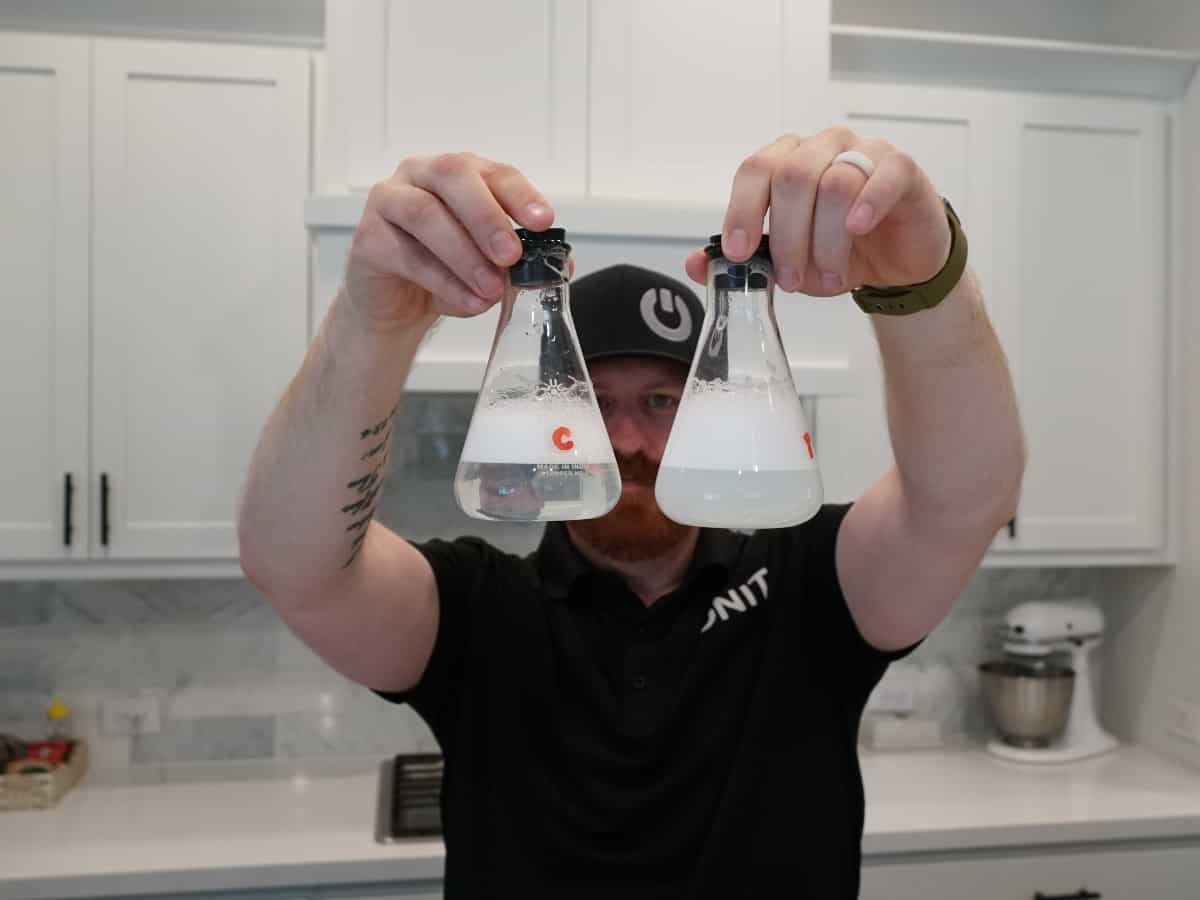
Benefits of Using a Water Filtration System To Keep Your Water Clean
Whether your water comes from a well or the municipality, it’s good to ensure that it’s safe for consumption. But how do you do this? A water filtration system is usually a good option for homeowners, and it offers the following benefits.
It Saves Money
Buying bottled water, especially when you have a big family, can be very expensive. With a filtration system, the only high costs you incur is the installation cost. Maintaining the system is not usually expensive. This helps you save money in the long run.
You Get Clean Water
With your own filtration system, you can always be sure you are getting clean and safe water. You have control of the system, unlike when you buy bottled water which you don’t know its source. Even if the water that gets to your home comes from a treatment plant, it may still contain some contaminants such as lead.
Your Plumbing System Will Last Longer
Harmful or non-harmful minerals present in water may cause a blockage in your plumbing appliances like faucets and the dishwasher. With a filtration system, you can easily get rid of these minerals, which lengthens your appliances’ lifespan. It also reduces the need for frequent repairs.
Your Being Kind to the Environment
When you use bottled water, you will have very many bottles to dispose of every time. Plastic bottles are large contributors to environmental pollution. Having a filtration system reduces the need for buying these bottles, which contributes to environmental conservation.
You Can Bathe in Cleaner Water
Drinking contaminated water isn’t good for your health and can lead to illnesses. Contaminated water is not only dangerous for drinking but also for bathing. For example, if your water has excess chlorine, it can cause skin irritation after you bathe with it. A filtration system doesn’t require chlorine and other chemicals that cause skin conditions.
Testing your water frequently is very crucial. It prevents you from consuming harmful substances. It also enables you to detect contaminants early enough and take the necessary actions before they become a threat to your health and plumbing system. Although DIY testing kits are reliable, you should invite a professional to test your water from time to time for more detailed tests. Investing in a water filtration system is also advisable as it ensures you have clean water throughout and saves you money in the long run.
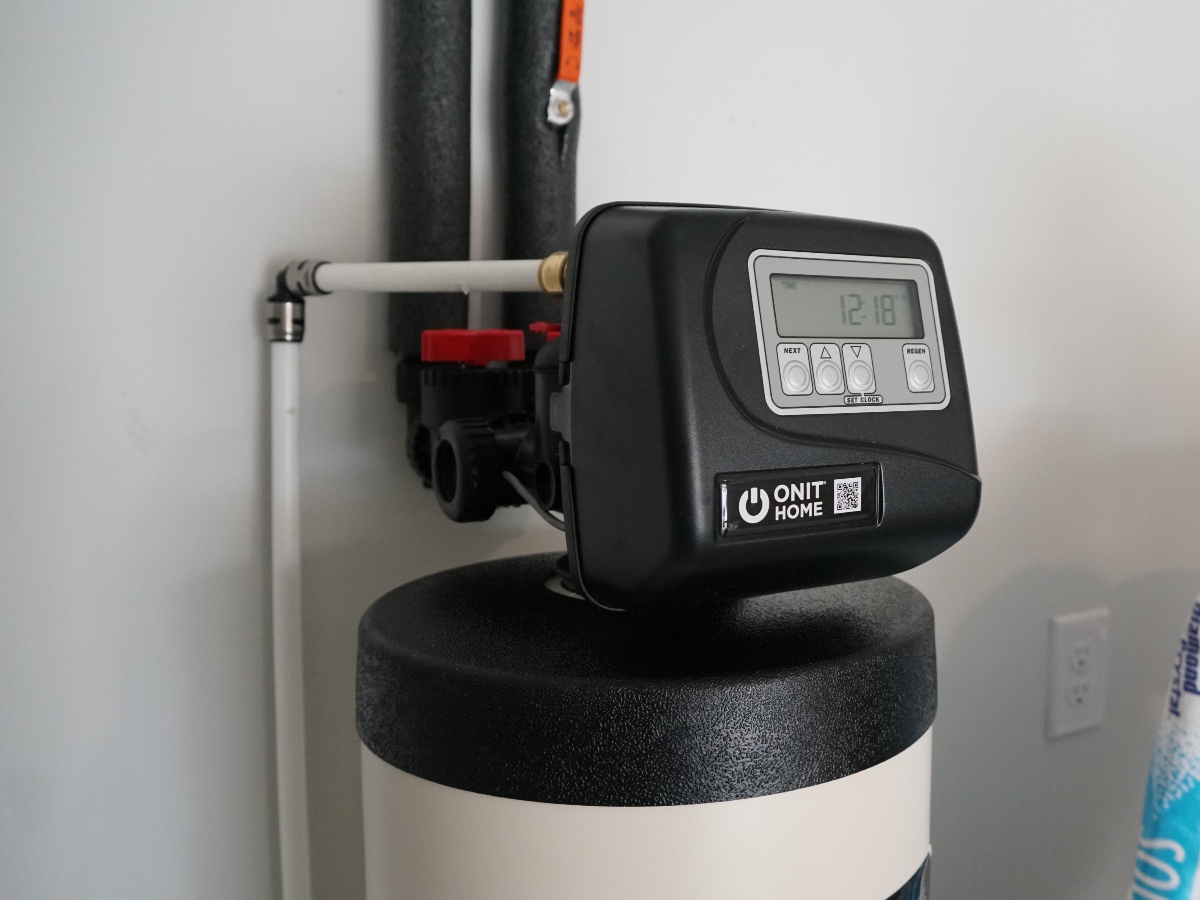
Get Your Water Professionally Tested for Free at ONIT Home
At ONIT Home, we provide free, professionally conducted water tests to homeowners. We understand how important the water we use daily is. Unfortunately, the tap water from the sink may contain contaminants capable of endangering your health and even damage your plumbing systems. A complimentary water test from the experts at ONIT provides a thorough analysis of your tap water. When a specialist stops by your home, they will test your water for nine different contaminants. After completing the test, the specialist will share details of your results with you and will recommend a water treatment solution.
One way you can enjoy clean water, 365 days a year is with a whole home water filtration system. A home water filtration system is a one time investment that is relatively low-maintenance, capable of filtering out more contaminants and minerals than water filter pitchers, and provides delicious fresh-tasting water. Contact us today at 1-833-433-0331 for a consultation. Or fill out this form to sign up for a free water test.



